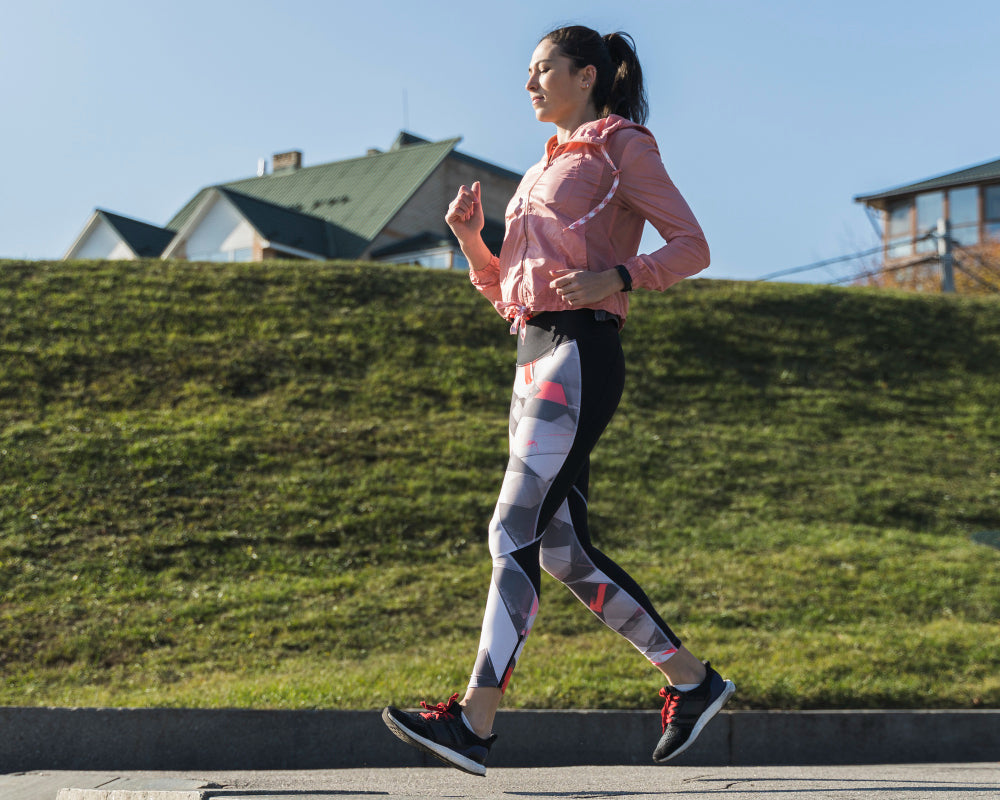In today’s fast-paced world, we often look for quick fixes—fast food, quick remedies, and instant solutions. However, a slower, more deliberate approach to health is gaining recognition among global health experts and healthcare providers: exercise. Since its launch in 2007 by the American College of Sports Medicine, the global health initiative "Exercise is Medicine" (EIM) has been widely adopted around the world.
Why is Exercise Dubbed “Medicine”?
According to a 2020 article in the American Journal of Lifestyle Medicine, overwhelming evidence links a lack of physical activity to a slew of health issues, not just obesity and cardiovascular diseases but also high blood pressure, diabetes, anxiety, and depression. The EIM initiative emphasizes the importance of integrating regular exercise into healthcare to prevent, treat, and manage various diseases.
Support from Empirical Research
Research conducted by Intermountain Health shows that compared to sedentary individuals, people who engage in at least 150 minutes of moderate to vigorous exercise weekly significantly reduce their use and overall cost of healthcare. These findings were presented at the 2019 American College of Sports Medicine annual meeting and received broad recognition.
Simple and Effective Daily Exercises
Incorporating simple and effective exercises into daily life can keep you energized and healthy. For example:
- Walking or Biking to Work: Integrating exercise into your daily commute is an easy way to stay active without carving out extra time.
- Power Walking: Whether it’s a brisk walk in the park or through a mall, power walking is an excellent method to increase physical activity.
- Home Workout Routines: Simple home exercise routines, accessible through online tutorials, can enhance strength and cardiovascular health.
- Increasing Household Activity: Everyday activities like cleaning or gardening also serve as great physical exercises.
- Choosing Stairs Over Elevators: Opting for stairs instead of elevators is a straightforward way to increase daily physical activity.
- Regular Stretching Breaks: For those who sit for long periods at work, taking a stretch break every hour is beneficial for circulation and reducing muscle tension.
The Positive Impact of Group Sports
Group sports not only improve physical fitness but also enhance teamwork and social interaction. Whether joining a community running club or playing basketball or soccer with friends, group activities bring enjoyment and motivation, encouraging consistent participation. Regular community sports events like team runs or corporate sports days not only increase physical activity but also strengthen community or organizational cohesion.
Conclusion
As a preventative and therapeutic tool, exercise demonstrates its powerful potential as part of medicine. It benefits the body and is a crucial pillar of mental health. Under the guidance of this global health initiative, let's make "Exercise is Medicine" a part of life, stepping towards a healthier future.




Leave a comment
All comments are moderated before being published.
This site is protected by hCaptcha and the hCaptcha Privacy Policy and Terms of Service apply.